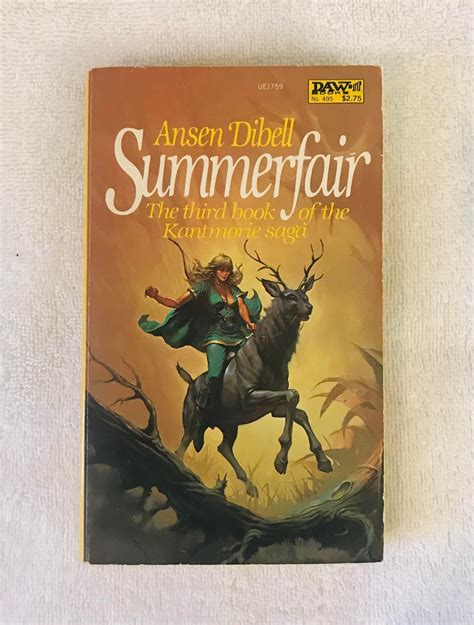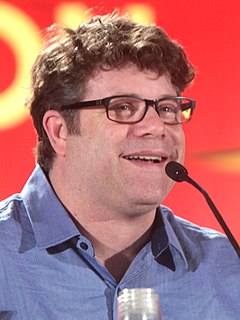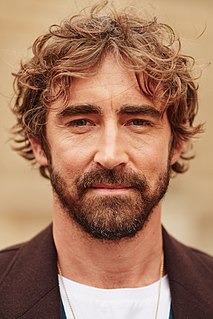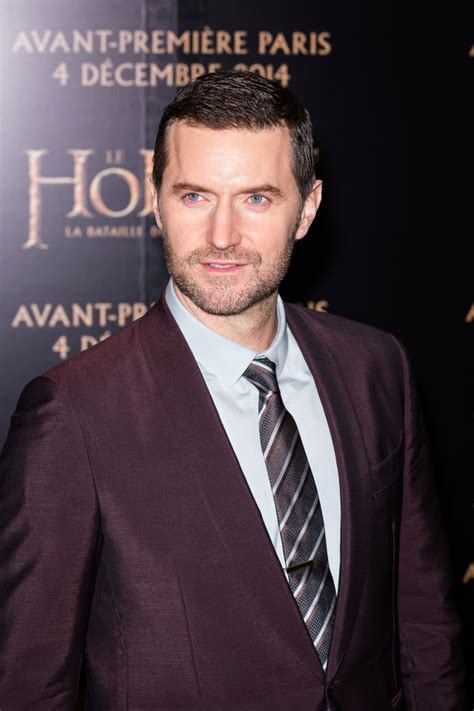A Quote by Jo Walton
The thing about Tolkien, about The Lord of the Rings, is that it's perfect. It's this whole world, this whole process of immersion, this journey. It's not, I'm pretty sure, actually true, but that makes it more amazing, that someone could make it all up. Reading it changes everything.
Related Quotes
It's not words, so much, just my mind going blank and thoughts reaching up up up, me wishing I could climb through the ceiling and over the stars until I can find God, really see God, and know once and for all that everything I've believed my whole life is true, and real. Or, not even everything. Not even half. Just the part about someone or something bigger than us who doesn't lose track. I want to believe the stories, that there really is someone who would search the whole mountainside just to find that one lost thing that he loves, and bring it home.
J.R.R.Tolkien has confessed that about a third of the way through The Fellowship of the Ring, some ruffian named Strider confronted the hobbits in an inn, and Tolkien was in despair. He didn't know who Strider was, where the book was going, or what to write next. Strider turns out to be no lesser person than Aragorn, the unrecognized and uncrowned king of all the forces of good, whose restoration to rule is, along with the destruction of the evil ring, the engine that moves the plot of the whole massive trilogy, The Lord of the Rings.
When Peter Jackson did The Lord of the Rings trilogy with Fellowship of the Ring, not everyone had read Tolkien, and yet somehow with that scope and the spectacle of that fantasy, people were willing to give it a shot. And when they watched the first one, the characters drew them in and they started understanding the story. And then, all of a sudden, they were The Lord of the Rings fans, even if they never read Tolkien.
The best thing about writing speculative fiction is the opportunity to satirize the whole wide world. The America in 'A Better World' isn't ours, but it's pretty close, so I could lampoon everything from partisan politics to the cult of celebrity to our general disaffection. To me, all that is the point.
The important thing to remember is it's not about balance; it's about integration... to really focus on making sure you're integrating all four aspects of your work, your family, your community and yourself. And it's not about trying to spend equal amounts of time on everything you do each day on each of these things, but making sure you're paying attention to all the things that make it up as a whole human being.
I used to think I knew everything, but older you get the more you see other areas. If you could read everything about both sides, you'll pretty much be in the middle again, which is the state you had when you were totally ignorant. So my theory is if you maintain total ignorance - which isn't easy, but I try - you'll be just as far ahead as if you'd spent days and days reading about the whole issue. And you have that much extra time to play Pac-man.






































